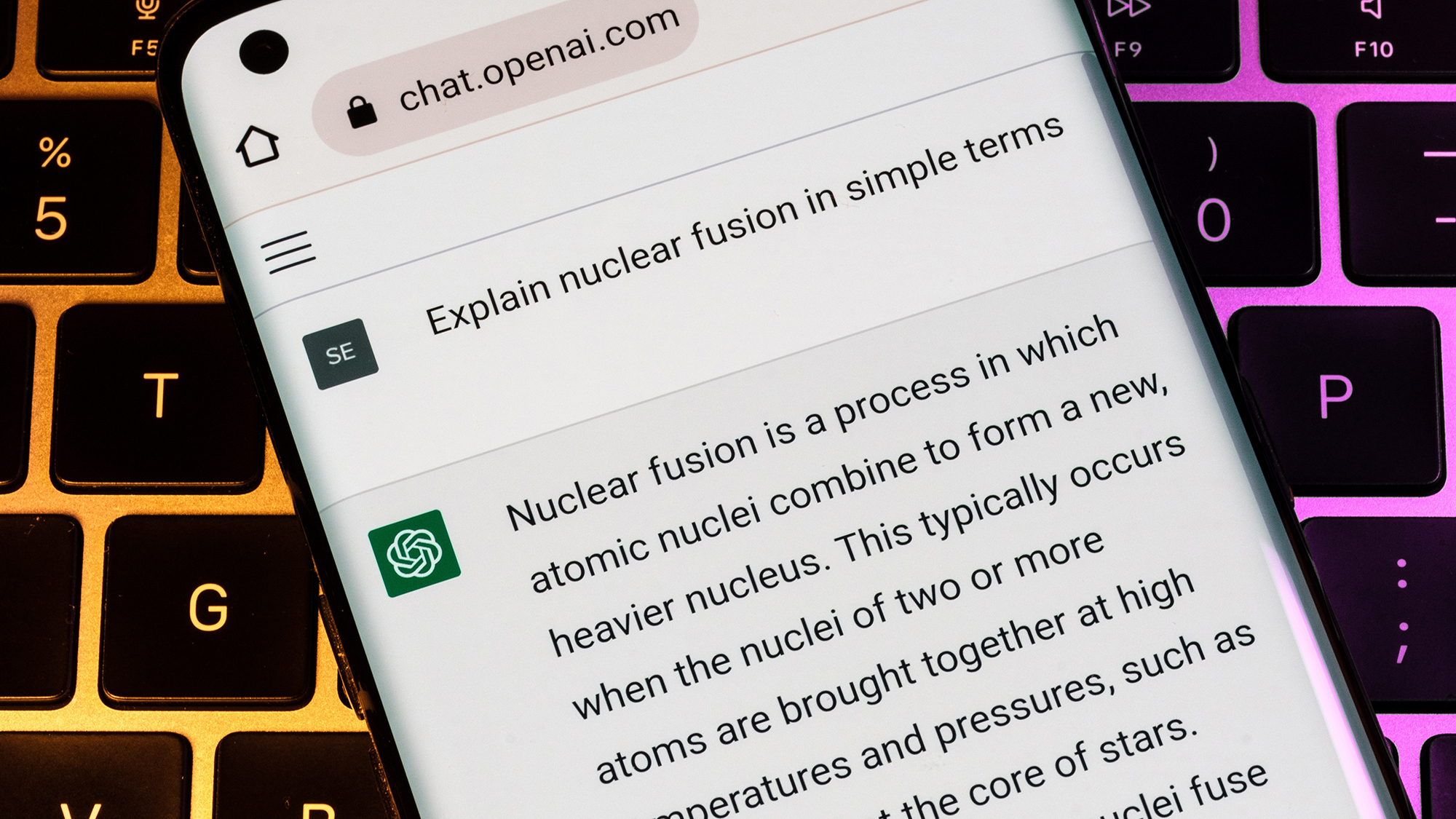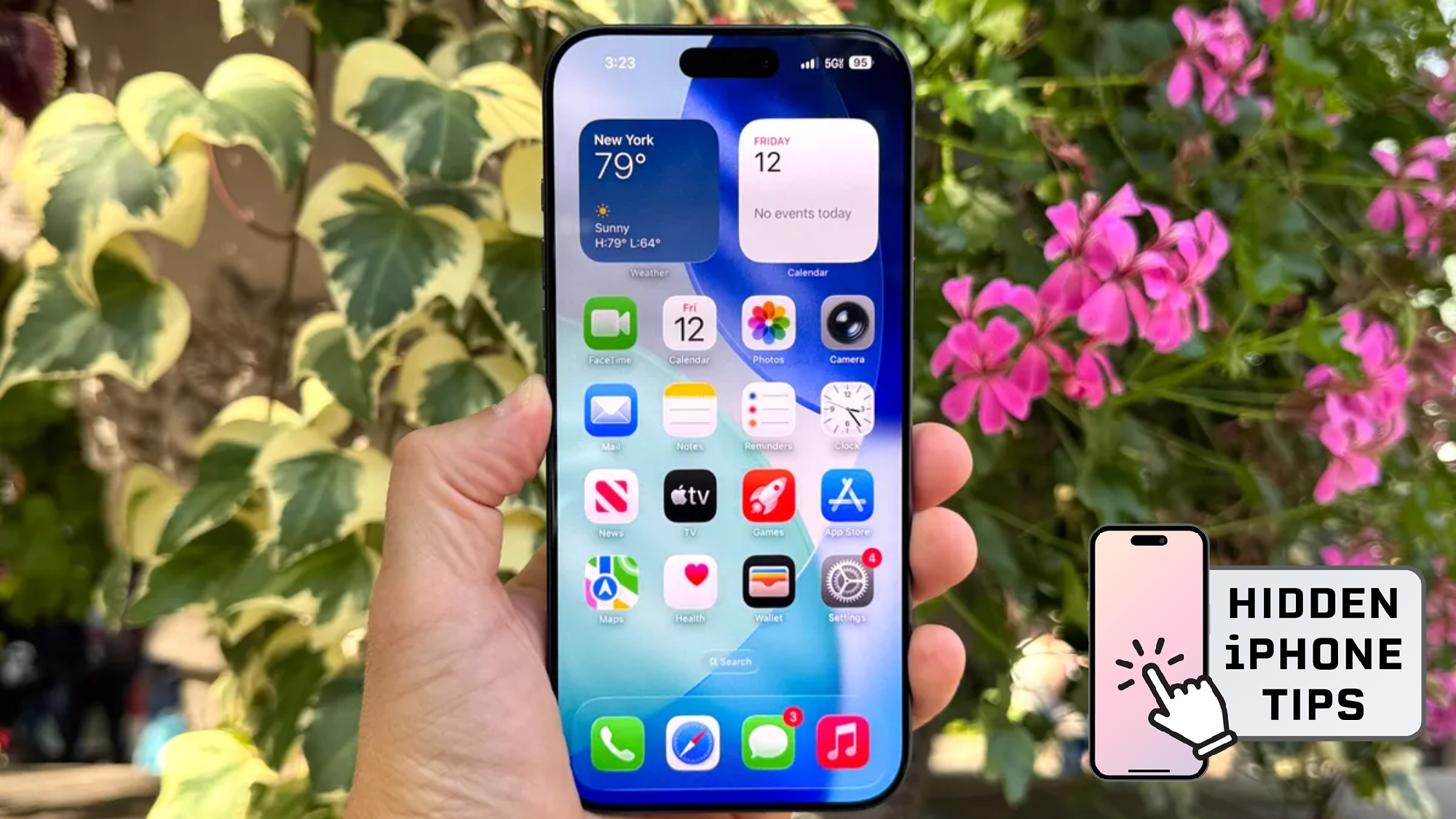ChatGPT AI on a smartphone? Honor’s CEO says it could happen
Honor's George Zhao considers how ChatGPT-style AI could be used on a smartphone

As Tom's Guide joins the rest of the world in asking ChatGPT and similar apps every question we can think of, you may have been wondering what these new AIs could do for smartphones. As it happens, Zhao Ming (or George Zhao), CEO of phone-maker Honor, has been thinking about the same thing. And he tackled the question in a media Q&A session at Mobile World Congress 2023, with some interesting thoughts on the topic of AI-powered chat engines and smartphones.
Zhao pointed out that AI's already being used on phones, thanks to the built-in NPU in mobile chipsets. These processors can run algorithms to help with all sorts of different things like image post-processing.
But that's likely not the kind of AI we're thinking about with ChatGPT-like tools. Zhao didn't commit to any specific uses of AI beyond these existing on-phone applications, but did say, "[Honor] will consider what we can do with AI to improve the user experience."
"Our job is to cooperate with Qualcomm or the industry to utilize their AI processing capability to improve for example the display, the performance, the camera," he added.
Zhao said AIGC (AI-generated content) and the "really fantastic" ChatGPT can't just be something for the phone industry to passively enjoy. "We cannot just admire and say 'OK, excellent!'" he explained.
According to Zhao, the big problem with figuring out potential uses is the limited on-board processing available on smartphones. As powerful as the best-performing smartphones can be, you need a lot of power to run a modern chatbot. As a result, such technologies would have to rely on cloud processing, Zhao said, just as ChatGPT and other content-generating AI do today.
Speaking of Microsoft, Zhao also mentioned that he'd certainly be up for a partnership with the company, a major AI investor which is currently using the GPT language model that ChatGPT is based on for its AI-powered new Bing. "Of course if we have the opportunity, we can cooperate with Microsoft," Zhao said.
Get instant access to breaking news, the hottest reviews, great deals and helpful tips.
Microsoft already has a strong relationship with the Android platform, so a partnership like this isn't entirely unthinkable. To be honest though, if Microsoft did wish to apply its AI to phones, perhaps we'd see it used as a new unique selling point in order to revive the company's clever but underwhelming Surface Duo series of foldable phones.
As one last caveat, Zhao said it would be crucial to keep the users in mind, whatever this kind of AI got used for, emphasizing that human-centric design is "very important for Honor."
"I think AI technology should really help the people in some part. They need more care, and this is Honor's commitment to the industry," added Zhao, using Honor's new Magic5 Pro, with its Dynamic Dimming system as a more specific example of how AI could be used to assist users in a different way. The Magic5 Pro's Dynamic Dimming system can adjust display brightness in response to changing light conditions through the day,
ChatGPT and the recent explosion in AI-powered tools is making for an exciting time in the tech space, with different companies announcing their plans to utilize it. For instance, Samsung has been open about its plans to find an AI partner to enhance its phones.
While it may be years before the latest generation of AI starts being applied to phones on a hardware level, Zhao's answer is a clear sign that more and more mobile industry leaders are weighing up their future moves carefully.

Richard is based in London, covering news, reviews and how-tos for phones, tablets, gaming, and whatever else people need advice on. Following on from his MA in Magazine Journalism at the University of Sheffield, he's also written for WIRED U.K., The Register and Creative Bloq. When not at work, he's likely thinking about how to brew the perfect cup of specialty coffee.
 Club Benefits
Club Benefits





